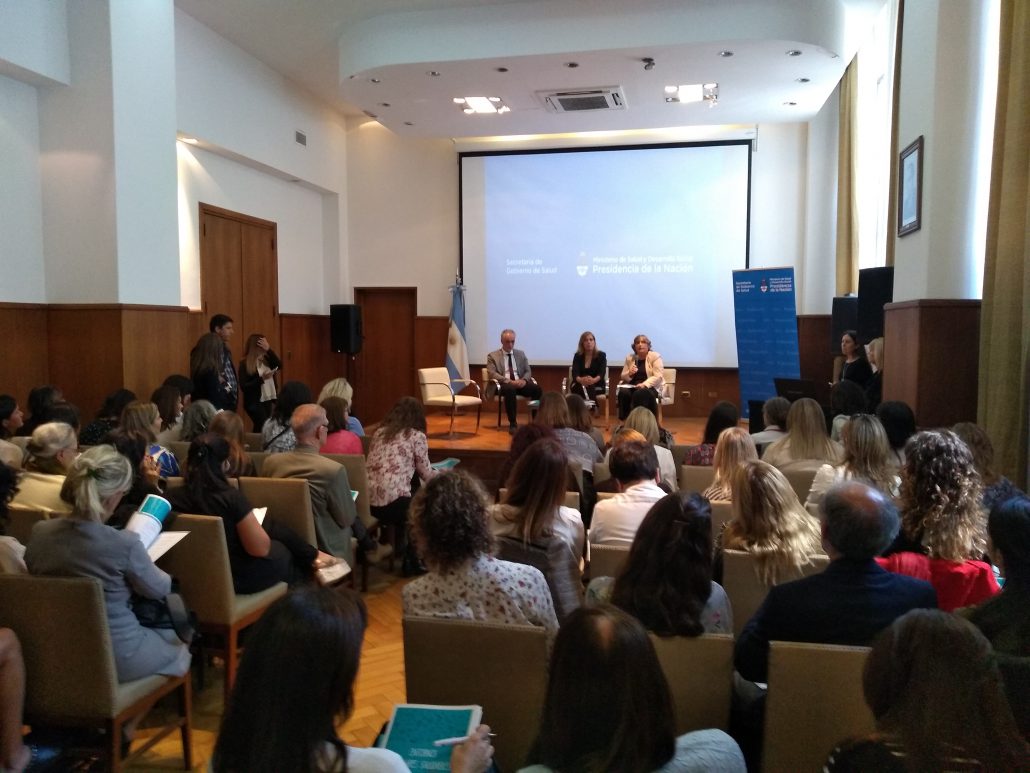With FIC Argentina, we presented an amicus before the Constitutional Court of Colombia within the process of guardianship established by the Colombian Corporation of Fathers and Mothers (Red Papaz) against the Superintendence of Industry and Commerce (SIC) and the National Institute of Drug Surveillance and Food (INVIMA), bringing legal arguments in defense of the right to health and balanced nutrition of children and adolescents (NNA).
“Below, we offer a google translate version of the original article in Spanish. This translation may not be accurate but serves as a general presentation of the article. For more accurate information, please switch to the Spanish version of the website. In addition, feel free to directly contact in English the person mentioned at the bottom of this article with regards to this topic”.
On January 21, Red Papaz requested the Constitutional Court of Colombia to review the decisions issued against it, in the framework of the actions filed against the SIC and INVIMA to review the accuracy of the advertising of HIT drinks of Postobon and Fruper of Alpina, considering that the procedures related to the protection of children and adolescents are not being prioritized.
The reported commercials contain deceptive and risky messages. Fruper of Alpina in its advertising highlights that the drink is ideal for children, with vitamins and minerals that contribute to their health and growth. Message contrary to reality, since, as researched by Red Papaz, it contains approximately ten times the level of sugar recommended by the Pan American Health Organization (PAHO). On the other hand, Hit of Postobón, emphasizes that its product comes from fruits, reason why to consume them is advisable for the health of the NNA. When in truth, it has a very small amount of fruit, for which reason, it is not possible to affirm that they are recommendable or ideal for children, or that they can be called as juices.
The deceptive advertising of unhealthy food products addressed to NNA that Red Papaz denounces, promotes the “obesogenic environment”, that is, an environment that promotes obesity in populations and responds to the role played by environmental factors (physical, economic, legislative and sociocultural) both in nutrition and in physical activity. The influence of the environment on food and physical activity is essential. Practices, knowledge and beliefs and socio-economic and geographical differences affect habits.
Hence, we made a presentation approaching the court grounds that seek to prove that the absence of complete, clear and accurate responses by the SIC and INVIMA, in the face of the denouncement of misleading advertising, mean a violation of human rights obligations to health, information and a balanced diet, especially of children and adolescents. While the Colombian state fails to comply with the recommendations of monitoring bodies of the Human Rights Treaties, ratified by the latter, on how to deal with the epidemic of obesity and chronic noncommunicable diseases (NCDs). At the same time they weaken the possibilities of responding to a global epidemic of malnutrition and obesity.
Finally, scientific evidence was presented regarding the positive impacts of this type of policies that promote the restriction of advertising and marketing of unhealthy foods, among a set of policies that, when implemented correctly, are effective in generating healthy environments and preventing development of obesity and malnutrition.
We made the presentation convinced and convinced that a favorable resolution in this regard, attentive to the great impact both globally and regionally that these judicial processes have, would generate a valuable jurisdictional precedent on the important theme of healthy eating.
Author
Laura Alesso
Contact
Agustina Mozzoni, agustinamozzoni@fundeps.org

